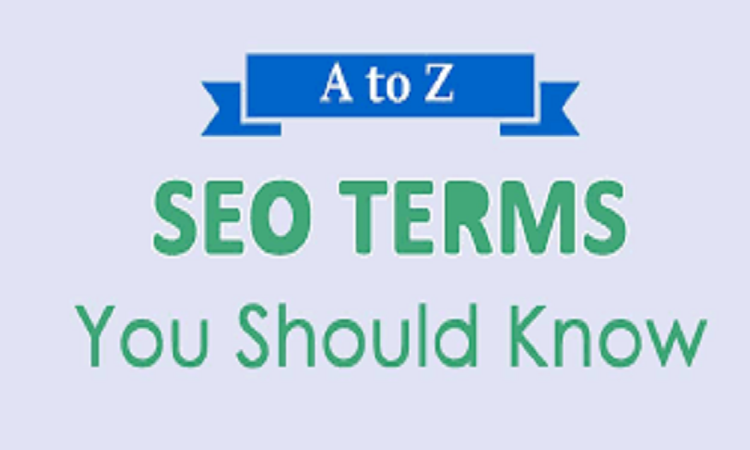Do you want to optimize your business website, but finding it a trouble to communicating with the expert consultants about your needs? Jargons are there in every sector and not everyone and it may be ideal for you to know the basics when you are trying to avail an SEO service as a naive.
Don’t worry. Let’s explore the basic glossary of SEO terms here for you to understand what to look for while hiring an SEO service.
- ALT Text – also known as alt tag or attribute, it the description given to an image on your web page. Search engine crawlers will not be able to understand the images as such, so ALT text will help them to understand the context.
- Anchor Text – The text put on a link to a particular web page. You may see this in blue and underlined inside the content.
- Bookmark – links to your websites saved for future reference. Social bookmarking sites lets the users to share websites they like. Getting more links to your site on leading social bookmarking sites adds more value.
- Canonical URL – The best practice of creating website address for the users to find direct information. Canonical URL also helps the search engines understand which address is the best one against a search text.
- Conversion form – A form to collect the user information of website visitors.
- Directory – Website directories to which you can submit to your website to get more inbound link as it will help people and search engine crawlers to easily find you.
- Domain – The primary web address of your website.
- Headings H1/H2 tags – The text inside the header tag as H1 or H2.
- HTML – Website building code. Alex Furfaro SEO Columbus suggests that one should keep the HTML as clean and straight as possible for the search engines crawlers to read and easily interpret.
- Inbound link – Links from another website to one of your webpages.
- Outbound link – Links from within your webpages to an external website.
- Indexed pages – Your website pages store by search engines.
- Keyword – The frequent and most relevant words/phrases used by the searchers to find pages similar that of yours.
- Link building – The SEO activity to get more relevant and quality inbound links.
- Metadata – Data which informs the search engines what your website is all about.
- Meta description – A brief 160-character description of your page content.
- PageRank – A value 0-10 as assigned by Google to show how good your SEO is.
- Panda – The latest search engine algorithm released by Google.
- PPC – Abbreviation of Pay-Per-Click, the paid advertising method like Google AdWords with which you can put your ad in the search results.
- Ranking factors – The key elements explored by search engines to determine the ranking of a certain page.
- SERP – Search Engine Ranking Page is the page you get after running a query (making a search) on the search engine.
- Sitemap – The document created by webmasters to map the pages of a website.
- Spider – A search engine program which crawls the internet to gather information about web pages.
- Traffic – The visitors to your web pages.
- URL – Your webs address.
- 301 Redirect – The method of redirecting your visitor to another page when you change the address of a web page.
Understanding these terms will make it easier for you to communicate with the prospective SEO service provider, share your requirements in better technical terms, ask questions, and compare them to identify the best possible provider to sign up for service.
